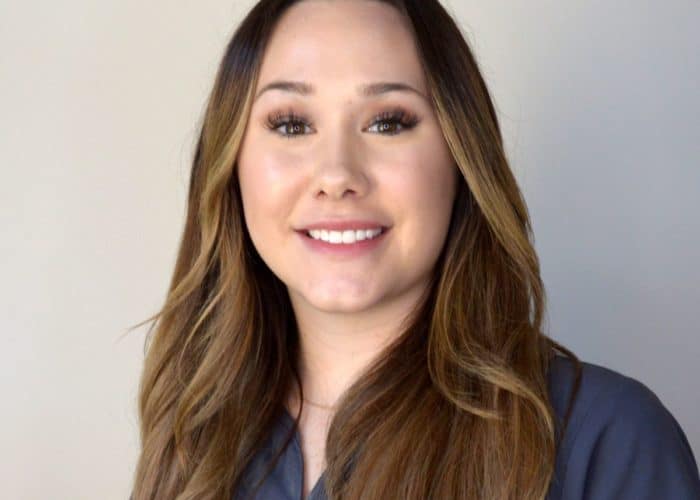1201 N. Lakeline Blvd #400
512-379-7272Mon - Fri: 9AM - 6PM
STI testing is recommended for anyone who is sexually active, regardless of age, gender, or sexual orientation. This includes people who have had sexual contact with only one partner, as well as those who have had multiple partners. Testing is especially important for those who:
Testing is also recommended for anyone who is starting a new sexual relationship or considering stopping condom use with a partner. It’s important to talk to a healthcare provider about when to get tested and which tests to have done, as recommendations can vary based on individual risk factors and sexual behavior. Some healthcare providers may recommend annual STI screenings for sexually active individuals, while others may suggest more or less frequent testing based on individual needs.
STIs (Sexually Transmitted Infections) are infections that can be passed from one person to another through sexual contact. These infections can be caused by bacteria, viruses, or parasites, and can affect both men and women. Some common examples of STIs include chlamydia, gonorrhea, herpes, syphilis, human papillomavirus (HPV), HIV/AIDS, and trichomoniasis. STIs can be transmitted through various forms of sexual activity, including vaginal, anal, and oral sex. Some STIs can be cured with antibiotics or other medications, while others are lifelong conditions that require ongoing treatment and management. It’s important to practice safe sex and get regular STI screenings to protect yourself and your sexual partners.
STI testing is important for several reasons. It can help identify infections that may not have any symptoms, allowing for early detection and treatment. It can also help prevent the spread of infections to sexual partners and reduce the risk of complications associated with untreated infections, such as infertility, pelvic inflammatory disease, and certain cancers.
Testing for STIs is usually done at a healthcare provider’s office or clinic, and may involve a physical exam, as well as answering questions about sexual history and any symptoms that may be present. In some cases, self-testing kits may also be available for certain STIs, such as HIV and chlamydia.
Overall, STI testing involves the collection of samples, such as blood, urine, or swabs, to check for the presence of an STI. The type of test and sample required can vary depending on the specific STI being tested for. Some tests are more accurate when done at certain times, so it’s important to talk to a healthcare provider about the best time to get tested.
It’s important to note that not all STIs can be detected through testing, and that some tests may not be 100% accurate. In addition, it’s possible for an STI to be present but not show up on a test if it’s done too soon after exposure. That’s why it’s important to use protection during sexual activity and get regular STI screenings as recommended by a healthcare provider.

